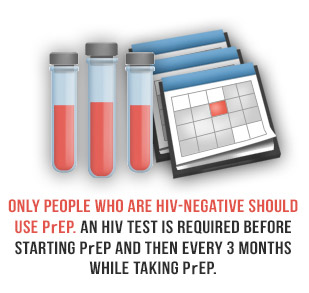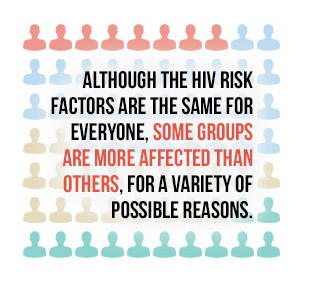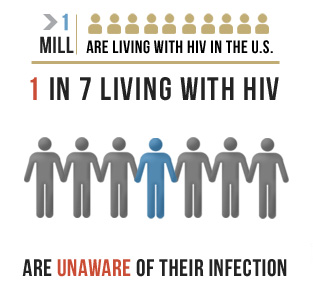What’s your status?
HIV, or human immunodeficiency virus, is the world’s deadliest infectious disease. By killing or damaging cells of the body’s immune system, HIV progressively destroys the body’s ability to fight infections and certain cancers.
According to AIDS.gov, HIV can be transmitted through certain bodily fluids: blood, semen (cum), pre-seminal fluid (pre-cum), rectal fluids, vaginal fluids, and breast milk. If you have engaged in behaviors that put you in contact with these bodily fluids, you may be at risk for getting HIV.
PrEP, or Pre-Exposure Prophylaxis, is a medically prescribed prevention option for people who are at risk for getting HIV. Truvada, the name for the medication, contains two of the drugs that are found in the medicine used to treat people who have contracted HIV. PrEP is to prevent HIV infection from taking hold if you are exposed to the virus.
PrEP is only effective when taken daily, and when used in combination with other safe sex practices. The NYC Department of Health and Mental Hygiene provides a comprehensive list of practices that will help in preventing the transmission of the HIV virus. They offer suggestions and resources to help lead safer, healthier lives.
- Use condoms.
- Choose kinds of sex with less risk of spreading HIV, like oral sex.
- Get tested with your partners for HIV and other sexually transmitted infections.
- Encourage partners living with HIV to take their HIV medications every day.
- If alcohol or drugs are a problem, get help.
- If you inject drugs, always use a clean syringe.

PrEP is only effective when used daily, and in combination with safer sex practices. When used consistently and correctly, the male latex condom provides the best protection against the transmission of HIV and STDs, and works 99% of the time, every time.
Ultimately, you are at the frontline of the fight against the spread of HIV. The safest practice against the spread of this virus is to wear protection, and your decision to implement and stick with safer sex practices is what will ultimately stop the spread of this deadly virus.
For more information about PrEP in your community, visit AIDS.gov.


